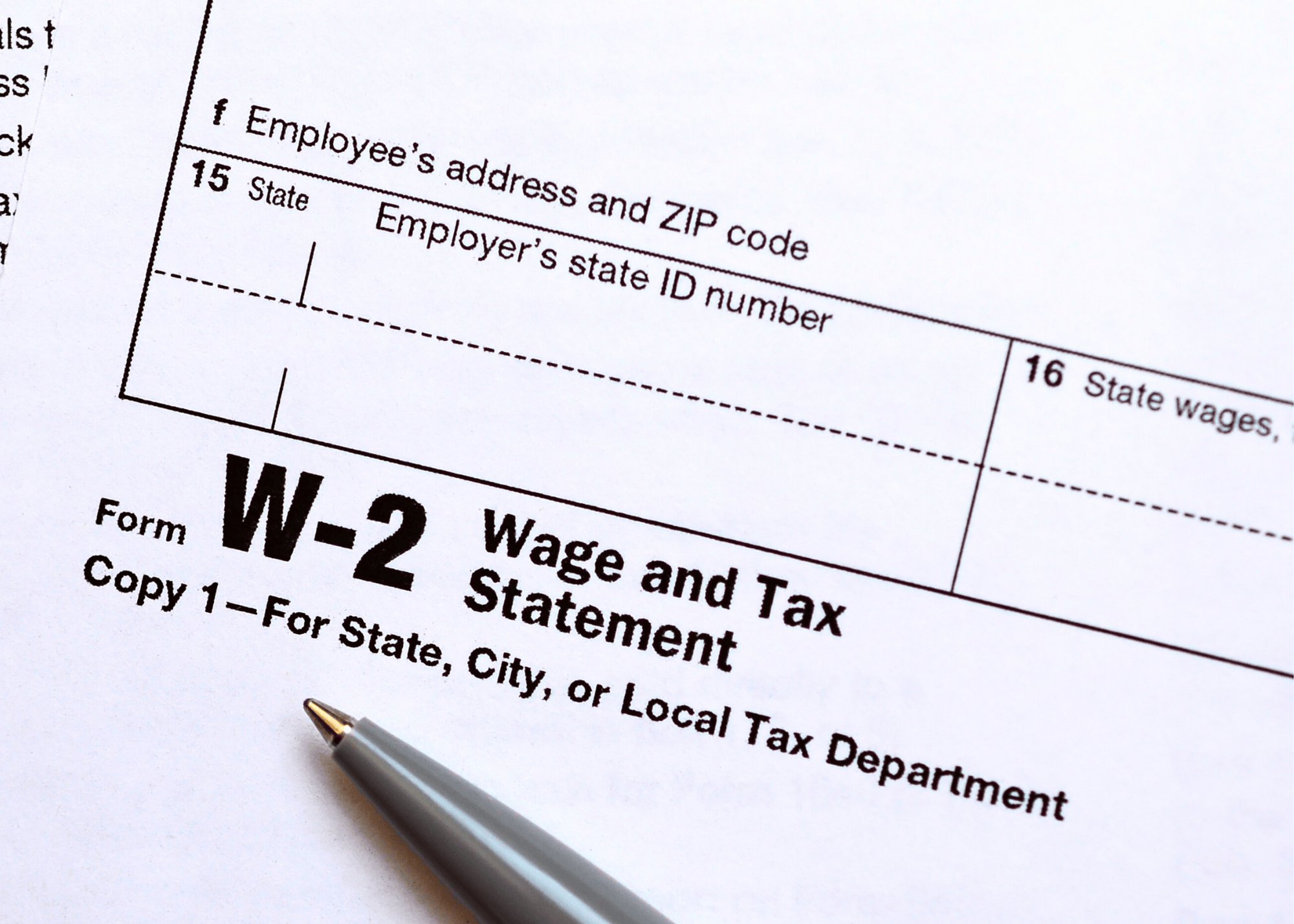
16 Oct How Pay Stubs Support Record-Keeping and Tax Filing for Employees: Basic Insights
Keeping accurate financial records is important for every employee, and pay stubs play a significant role in this process. They not only provide a detailed breakdown of an individual’s earnings but also help in managing records for future reference. Pay stubs support record-keeping by showing gross pay, deductions, and net pay, making it easier for employees to track changes in their income accurately.
Pay stubs serve as a necessary tool when it comes to tax filing. They provide proof of income, which is important during tax season. Employees can use their pay stubs to verify that their withholdings align with the amounts stated on their tax documents. This can prevent common tax discrepancies and guarantee smooth filing.
For those looking to organize their pay records efficiently, it’s useful to generate custom paystubs fast by integrating the usage of online tools that offer a way to create detailed and accurate pay stubs, which can help in both record management and tax preparation. This guarantees that employees have easy access to their financial information whenever needed.
Understanding Pay Stubs
Pay stubs present a detailed breakdown of an employee’s earnings and deductions. They play a key role in financial transparency and compliance.
Components of a Pay Stub
A pay stub typically lists several components. Gross earnings show the total pay before any deductions. These include salary, hourly wages, overtime, and bonuses. Deductions cover areas such as taxes, health insurance premiums, and retirement contributions.
Another important part is net pay, which is what the employee takes home. It is the amount left after all deductions from the gross earnings. Alongside these are the year-to-date totals that provide cumulative figures, aiding in tracking financial progress throughout the year.
By understanding these elements, employees gain a clear view of how their paycheck is calculated.
Legal Requirements for Pay Stubs
Different regions have specific rules regarding pay stubs. Some areas require employers to provide detailed pay statements to employees. These requirements typically focus on the inclusion of gross earnings, net pay, and detailed deductions.
In certain places, both electronic and paper formats are acceptable, while others specify one over the other. Employers must keep records for a set period, often several years, for auditing and disputes. By complying with these legal standards, employees are assured transparency and clarity in their earnings records.
Understanding these legal aspects is important for both employers and employees, aiding in addressing wage disputes and ensuring compliance with labor laws.
Pay Stubs in Record-Keeping and Tax Filing
Pay stubs play a key part in managing personal finances and preparing taxes. They show detailed information on income, deductions, and taxes that have been paid. People can use pay stubs as a record to track their earnings and make sure their tax filings are accurate.
Using Pay Stubs for Personal Record-Keeping
Individuals often keep pay stubs as part of their personal records. Pay stubs show wages, taxes, and other deductions like health insurance or retirement contributions. These documents provide a snapshot of personal earnings over time.
It is advised to save pay stubs for at least a year because they can be helpful when verifying income for things like loan applications or rent agreements. Keeping digital copies can make them easy to access when needed.
The Role of Pay Stubs in Tax Preparation
Pay stubs offer a useful record of annual earnings and withholdings when preparing taxes. They help in cross-checking information reported on annual tax documents, like the W-2 form. Pay stubs can show how much has already been paid in federal and state taxes throughout the year.
This information helps calculate any additional taxes owed or refunds due. Having these documents handy during tax season can make the preparation process smoother by providing quick access to the necessary financial information.
Reconciling Pay Stubs with W-2 Forms
Comparing pay stubs with W-2 forms is important to make sure annual earnings and withholdings match. Discrepancies between these documents may indicate errors in reporting from the employer.
Checking that the totals for wages and taxes on the W-2 match up with the year’s pay stubs can prevent issues during tax filing. If differences are found, it’s advised to contact the employer to resolve them before completing tax returns. This practice helps avoid potential problems with tax authorities due to mismatched information.
Conclusion
Pay stubs are important for employees as they help in keeping track of earnings and deductions over time. They provide a clear record that assists in financial management.
These documents become useful during tax season, showing total income and necessary withholdings. They help employees verify that their taxes are accurately reported and paid.
Additionally, pay stubs can be significant when resolving any disputes related to pay. Having access to pay history helps in understanding any discrepancies and discussing them with employers.
Overall, pay stubs serve as a tool for better financial planning and tax filing, supporting employees effectively.
About The Author
Jordan Wells is an HR consultant and writer with a focus on talent management and workplace innovation. With experience in employee engagement, recruitment strategies, and HR tech solutions, Jordan shares insights on how businesses can create more efficient and people-centric environments through modern HR practices.
No Comments